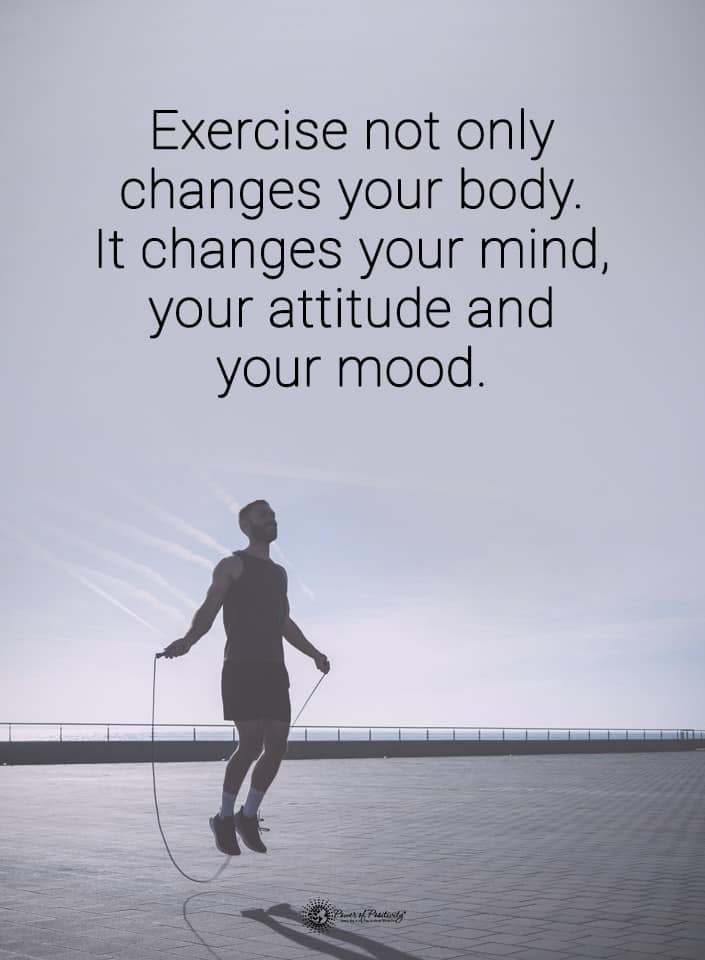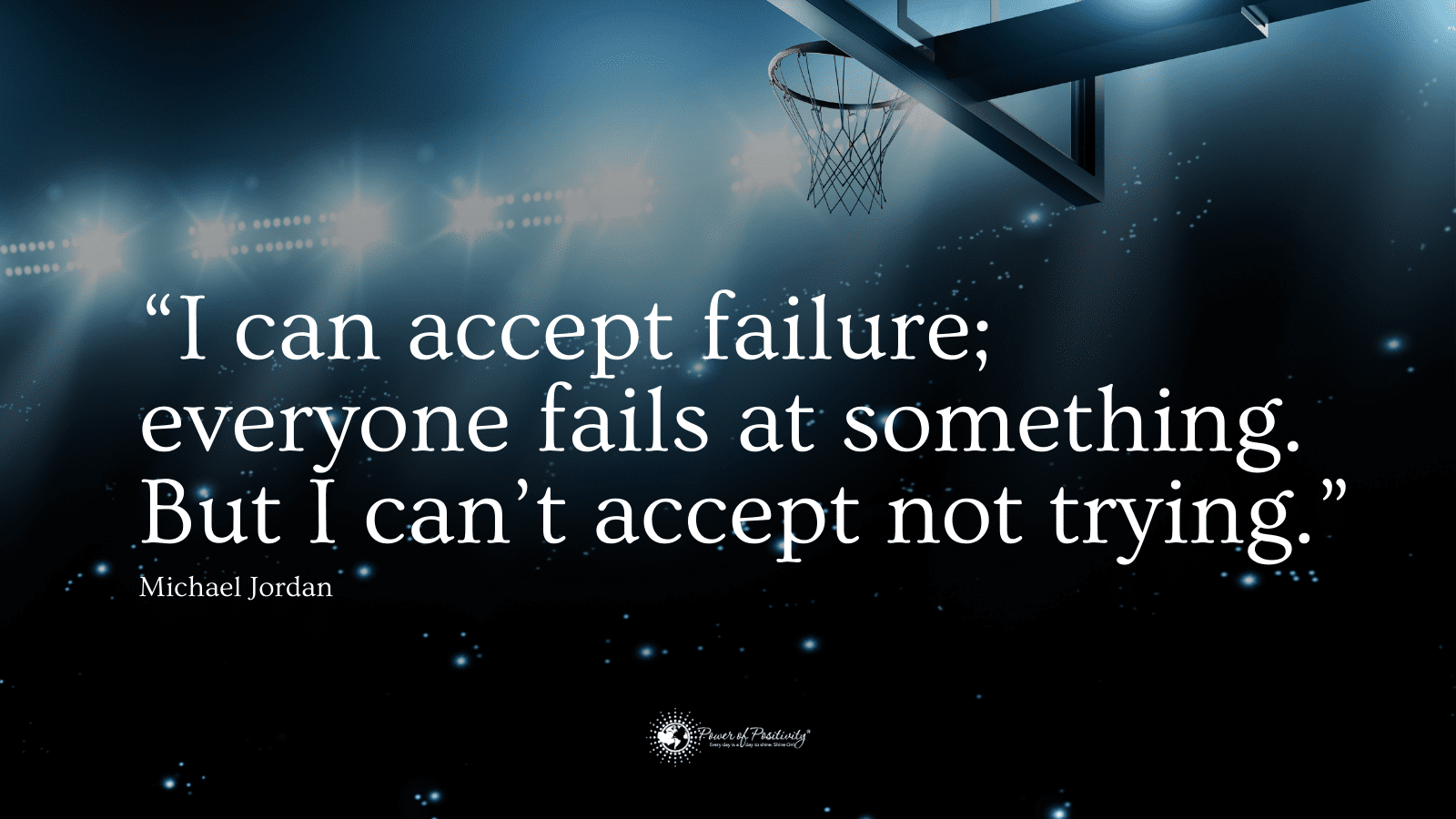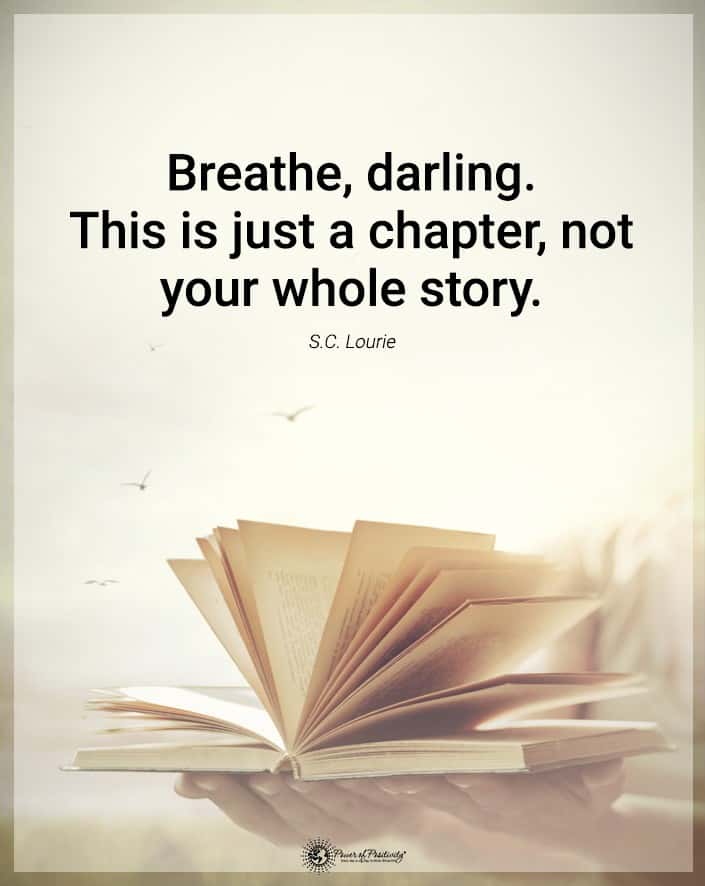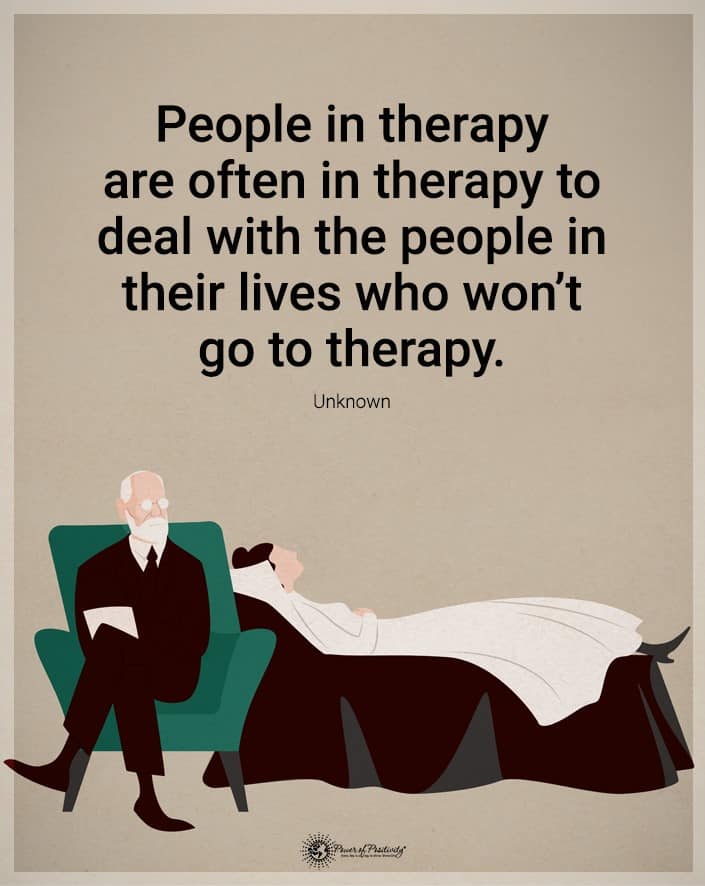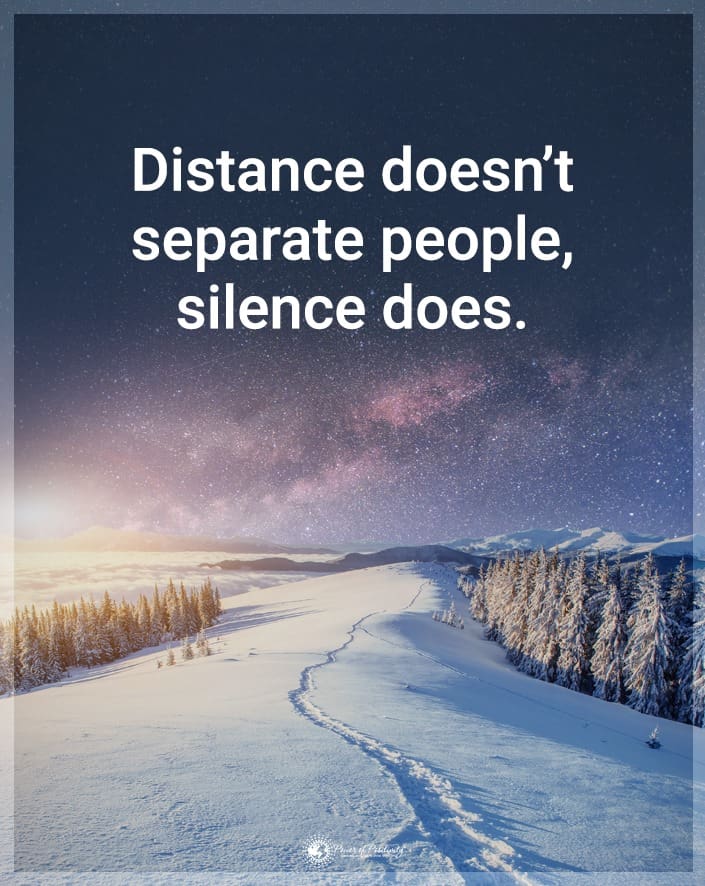Sacred writings from many cultures and traditions express the virtues of treating others how you want them to treat you. The idea is that you respect and accept other people so that they will do the same.
However, you may be one of the countless people who have no love for themselves, and you have no clue about the types of self-care available.
Listening to your inner dialog will give you a good clue to how you treat yourself. Is your self-talk positive, or are you constantly criticizing? Does that voice in your head make you feel unloved and unworthy?
Even if you have decent self-esteem, are you too busy taking care of others that you neglect your needs? Although it’s good to be respectful and consider other people’s needs, you must consider your needs, too. How would your family and friends feel if you treated and talked to them the way you do yourself?
Discovering Types of Self-Care
You may be startled when you realize how you treat yourself. Do you get enough rest and recreation, or are you chronically overwhelmed with work? Do you feel energetic and optimistic, or do you feel negative and completely drained?
If so, it’s time that you discover types of self-care you can start today. It’s never too late to stifle the negative self-talk and become a personal cheerleader. You can begin by becoming considerate of your body, mind, and spirit.
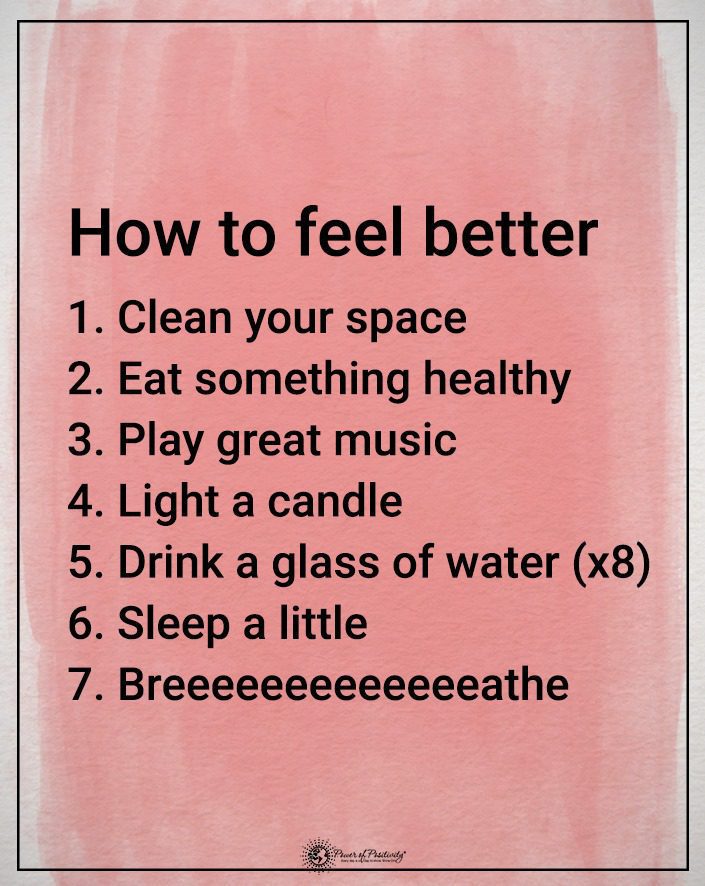 Treat Yourself to These Eight Types of Self Care
Treat Yourself to These Eight Types of Self Care
Have you placed your needs and happiness on the back burner? Have you forgotten how to show yourself compassion, forgiveness, and consideration? Here are eight types of self-care for you to consider.
1. A Technology Break
In the 21st century, society is getting even more dependent on technology. Make a quick mental list of all your gadgets that are supposed to make your life easier. The Internet, cell phones, television, and smart appliances are just a few things you feel you must have.
Did you know that Americans will spend an average of at least 44 years of their lives in front of a screen? That’s a disturbing statistic shared in an article published by Study Finds. How much of that time is necessary, and how much is robbing you of priceless moments with family and friends?
When you are considering types of self-care, try taking a technology break. Make it a habit of turning off your phone and the tv during mealtimes. You’ll be amazed at the lively family conversations you’ve been missing.
Make the hour or so before bedtime technology-free. Instead, you can take a soothing bath, tell your kids a story, or spend some quiet time with your partner. Remember not to allow social media to replace face-to-face visits with family and friends altogether.
2. Cultivating Your Creative Side
Do you consider yourself a creative person? Just because you’re not a famous artist or musician doesn’t mean you can’t enjoy art or music. Enjoying hobbies and learning new creative skills are types of self care that offer many benefits.
You needn’t be an expert in the creative interests you choose. Do you enjoy writing poetry or stories? Maybe you’ve always had a knack for decorating cakes or carving wood sculptures. Use your creative outlets to relax and have some fun.
Spending time doing creative things you love is an ideal way to lower your stress levels. According to an article published by the National Center for Complementary and Integrated Health, stress can affect your total well-being. While you can’t eliminate stress in your life, taking a creative break can help minimize it.
3. Showing Your Gratitude
Any list with types of self care would be incomplete without mentioning gratitude. How do you feel after you’ve done something kind for someone, and they thank you for it? Not only does it give you an emotional boost, but it also shows you as a grateful person.
Sometimes, life gets so hectic that it’s easy to become overwhelmed. You may not remember to count your blessings in this state of mind. If you allow a negative attitude to creep in, you may become more critical and less grateful.
When was the last time you considered how blessed you are? Not only do you have your basic human needs met, but you also have many of your wants. A distressing question asks how you would feel if you awoke tomorrow with only the things you were grateful for yesterday.
Part of self-care is lifting your spirit with gratitude. Many people like to make a gratitude list or include it in their daily journals. When you feel down, review past entries to remind yourself of the countless things that enrich your life.
4. Living Mindfully
It’s sad to consider how many people go through their lives without much thought to the world around them. One of the types of self-care taught by some Eastern religions and philosophies is mindful living. No task or idea is too insignificant for you to notice.
When you have a meal, do you race through it to get to another task? How often have you awakened early to watch a sunrise or considered the glittering stars at night? It sounds complicated, but living mindfully means opening your senses and being “at the moment.”
Try to consider every moment of your day sacred. Instead of rushing obliviously through your daily routine, do everything with reverence and purpose. Be mindful and grateful for every breath and every activity, no matter how small.
 5. Communicating with Your Inner Child
5. Communicating with Your Inner Child
If you have children, you know how curious they are about the world. Their curiosity, trust, and bursts of joy can be a lesson to adults. Many adults become callous through the years and forget how to see the world as a child.
Even though you are an adult, your inner child is still with you. While you have adult responsibilities and expectations, learn ways to relax and be a kid again. Revisit the fascination of nature or how fun it is to splash in rain puddles.
Spending time with your kids or grandchildren is the best way to bring out your inner child. Laugh at silly jokes or pretend you are a character in a make-believe world with them. Spending quality time together gives you a break from being an adult, and your inner kid will thank you.
6. Staying Active
Are you physically active, or have you become a permanent fixture in your recliner? An article published by the Cleveland Clinic states that over 80 percent of Americans don’t get enough exercise. Being physically fit is at the top of the list for types of self-care.
You don’t have to buy an expensive gym membership or run a marathon to be active. The important thing is to get your body moving regularly. Walking, swimming, and stretching exercises are low-impact and are easy for most people to do.
Talk to your primary healthcare provider or a certified fitness trainer about the best exercise routine for you. You can stay active, lose weight, and boost your mood. Take care of your body, and it will take care of you.
7. Creating Your Own Sanctuary
Sometimes, you want to shut your door to the world and be alone. Of the many ways to care for yourself, remember that you need a sacred space. It’s an area where you can retreat and rejuvenate your body, mind, and soul.
Many people choose their bedroom as their sanctuary, as it should be. You may also have a separate room or even a little space to call your own. What matters is that you have a spot to close your eyes, breathe, and recollect your thoughts.
Be kind to yourself and create a space with beautiful things that bring you joy. Lovely pictures, plants, candles, and incense are inexpensive and can create a meditative mood. Your sacred space can be as straightforward or as elaborate as you wish.
8. Reading and Learning
When you learned how to read, you opened a world of infinite possibilities. No matter your chosen genre, you can empathize with the characters and become part of the story. Reading for fun can increase your vocabulary and expose you to new cultures and concepts.
You’re never too old to stop reading and learning. Have you ever wanted to learn more about a specific subject? You can find many books, magazines, and online material that will enrich your studies.
How would you know about the types of self-care unless you read or want to expand your knowledge? According to an article published by Words Alive, reading can benefit your mental health, boost self-esteem, and build better relationships. All things are ways to be kind to yourself.
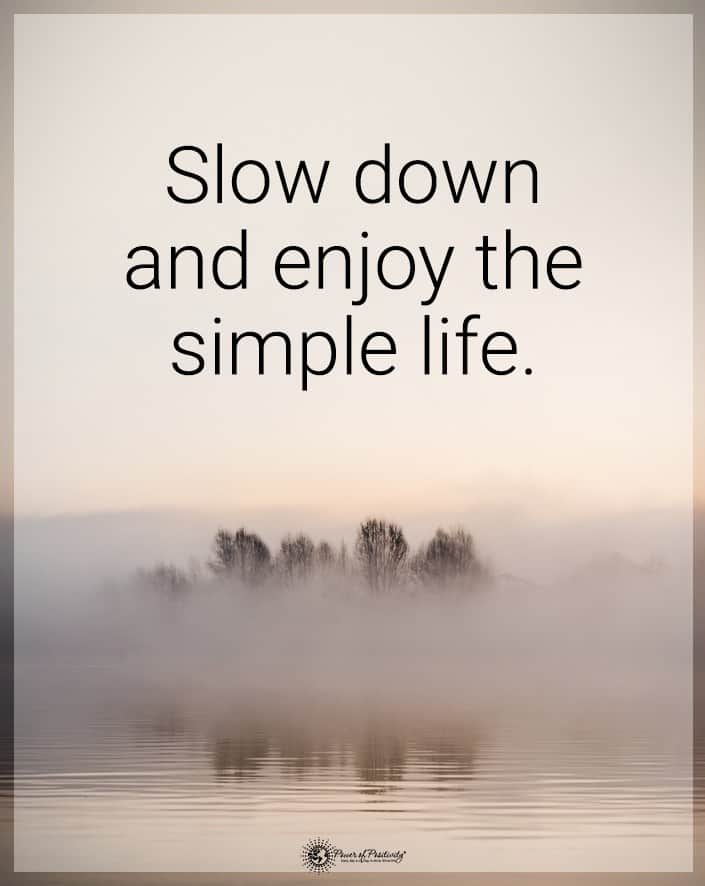 Final Thoughts on Indulging Your Senses in These Eight Types of Self-Care
Final Thoughts on Indulging Your Senses in These Eight Types of Self-Care
It’s not selfish to care for yourself. The only way you can love others is to learn to love and accept yourself as you are. There are many types of self-care to choose from, and they are essential for survival and discovering the joy you’ve always wanted.

